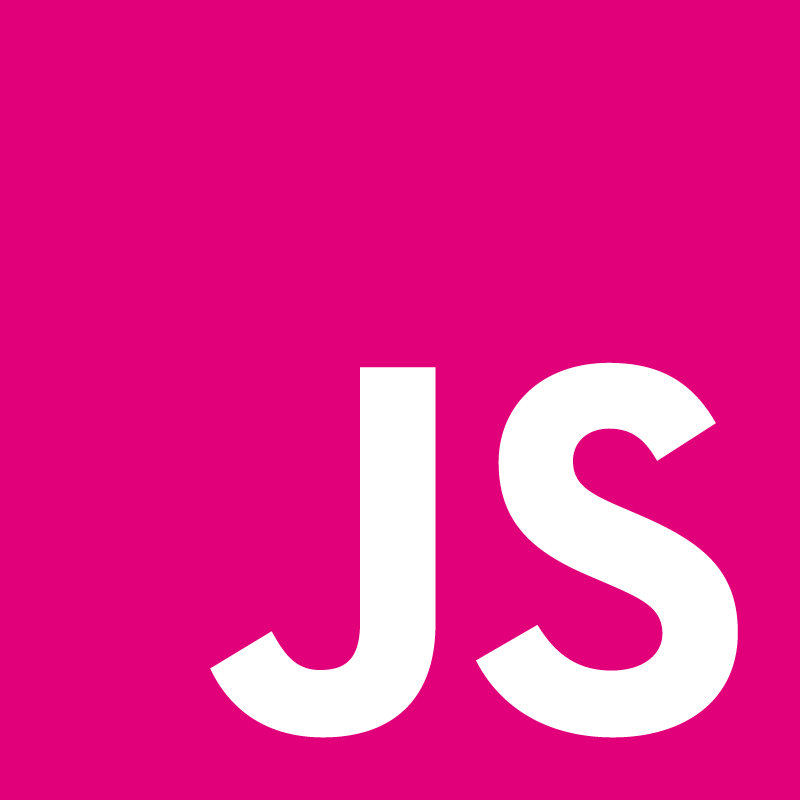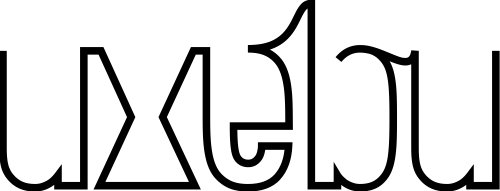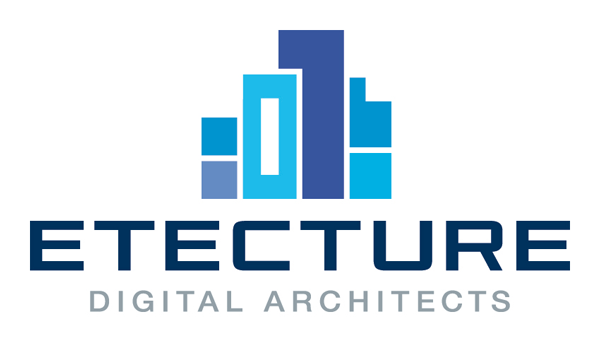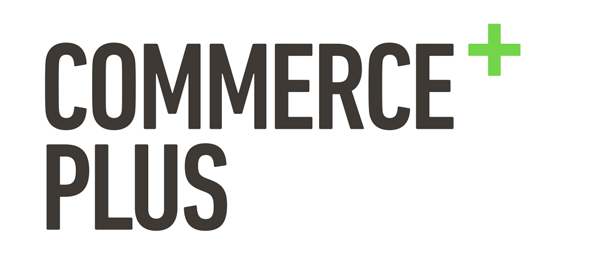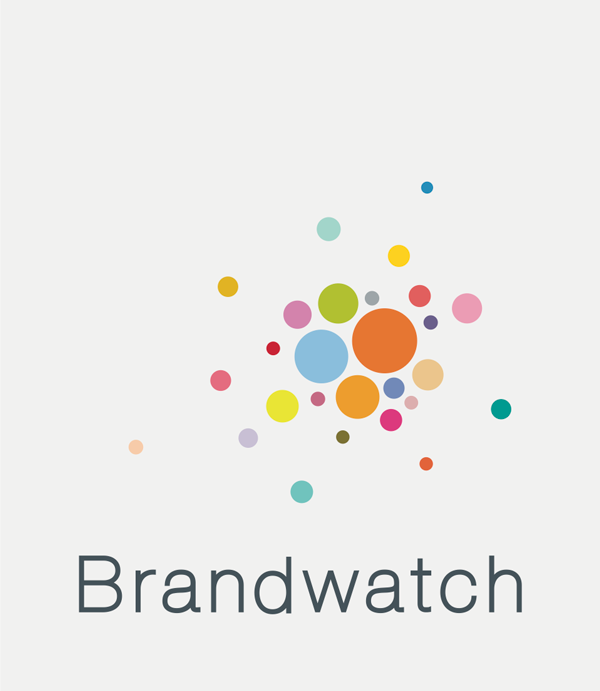Lena Reinhard: This is bigger than us: Building a future for Open Source

This talk aims to take you on a journey – from the days of the Easter Islands around 700CE, over the mid-15th century in England to Mars and rain forests of our days and finally to the future of Free, Libre and Open Source Software (OSS). On our way, we’ll take a close look at the culture in Open Source Communities, its status, relevance and why this culture is the key to building the future of OSS. We’ll think about the core values of Open Source, amongst them freedom, democracy and decentralization, take a look at software-development as an act of representation and find out why diversity (regarding gender, skills, ethnicities and ideas / backgrounds) and user-centered approaches will be core determinants when we want to build a future for Open Source.
This talk aims to encourage everyone of us to broaden our horizons when it comes to how far we can go collectively with all our Open Source projects when we’re thinking about their future, - and it wants to show how widening our communities, aiming for diversity and sustainability will enable us to build this future together.



- » Germany / Berlin
- » Website
- » Github
- » Google+
Transcript
>> Lena Reinhard I'm specializing in marketing, community care and project management in tech. I'm committed to the Open Source project hoodie and apatch key couch DB and co‑founder at the neighborhoodie a software consulting company. What you can see behind me is a acre in southern Germany close to village where I grew up. And this is where this talk begins, this achier in southern Germany this land is cultivated land, this is culture. The leg rich term culture evolved in the mid‑15th century and meant the tilling of land, it's about who cared for which parts of land, who did the work on it, and who brought in the harvest. There's also a figtive sense of culture which leads us to the main case and which we refer to today. Our modern term culture is the expression of the way we act and refers to community or group which shares common experiences that shape the way its members understand the world. I work in the tech world, and I contribute to Open Source. And I love what I do, because I found amazing people there and great projects which have become near and dear to me. Still, the future of Open Source is in danger, this is why, in this talk, I want us to take a look at culture in the world of free, liberal and Open Source software today, and to make it a bit easier for both you and me, I'll just refer oit as Open Source from now on. Even if you're not contributing to Open Source projects yourself, most of these topics are applicable to general tech culture and human interaction in general, today. Technologywise Open Source is highly relevant, mobile, social media, Cloud services and big data, for very important technologies of our time rely heavily on Open Source. Open Source is also relevant for business, it contributes 450 billion Euros per year, only to the European economy. So, things are going great in Open Source, right. Let me show you one thing first. The amazing people from geek feminism Wikk ‑‑ technologye Open Source software, gaming and more. This is the number of sexist incidents per year, starting in the year 2000. Today, on September 14, 2014, the number of sexist incidents, only this year is 52. Although this graphic does not only display incidents in Open Source software it depicts one thing clearly, a lot of things are going terribly wrong in our communities and their culture. And here's why. Often when you talk about Open Source projects people quickly refer to the community, and are very excited about it. Let's take a closer look at communities. Dianeal Harrelson an an authorpologyist did research on the Fedora project, 75 percent of the respondents to her questions felt that the Fedorra project is a community. The community is the project, and, without the community, we're lost. But when we're talking about the community, and even if we're appreciating it, there's one essential point that we must not miss. As Joseph Raz phrased it, if a culture is decaying or if it's discripple fated against, the options and opportunities open to it's members will shrink. Community is not just about building nice stuff and hanging around with nice people and chat rooms mailing lists or conferences like this one today. Every troll, every sexist comment, every harassment toward one single community member will directly harm this person, the entire community, the product that you're building, and finally Open Source in general. It's values, it's ideas,e and it's existence. One major deterministic of culture is language. Mars climate or by tore was launched by NASA in 1998 to study the atmospheric changes on mars. It got lost in space, it dissinty grated due to atmospheric stresses. What was the reason for this robot's death. It was caused by human communication failure, four pieces of software producing and expecting data in different units to navigators in the teams involved pointed out the issues but the concerns had been dismissed what happened to mars climate orbiter is described by Conway's Law, a computer programmer,. Conway's Law states that organizations which design systems produce designs which are copies of their communication structures. Open Source carries Conway's Law to extremes, as a scientist phrased it. In Open Source there's a hybridism of dialogue and code where the dialogue is directly embedded in the code. They called Open Source a network of people and things that is constructed through the materiallization of language. In other words, all communications in an Open Source project will have direct impact on the product, like the software that you're building. All communications, no matter if there are any, if there are none, if they're peaceful or violent. I want to show you part of the endangered languages project. Every dot represents over 3,000 languages that are currently becoming extinct. If a few of the languages disappear large parts of the world's population could still talk, so why should we care if languages are lost? Let me ask you two things first, who of you has ever contributed to a free liberal or Open Source project? Oh, that's plenty. And who of you is a programmer or has ever done anything related programming like editing a bit of HTML or CSS? Okay. Huge overlaps, I see that. As people who can deal with programming languages, you know that one of the core functionalities is that language shapes reality. One change in an expression in the source code of an application can affect everything. And, break everything, I guess so much of you have heard of that. Language is an essential part of our culture and it shapes the way we express ourselves, and this is why when one language disappears into oblivion we are all diminished. Thus, silencing people and their voices and Open Source destables and endangers each and every one of us. We in each source have to stop silencing people when they speak out about threats, mobbing, sexism and other topics that show our broken culture. Open Source is the materialtion of language and our community culture influence every one of us. This is why we have to take even more care of the culture in Open Source communities. Because the future of Open Source will be mainly determined its culture. ‑‑ by its culture. Let's see what other aspects we have to care for in our communities and have a short excursion to biology. As Charles Elton, an ecologist argued simple, non‑diverse communities are more easily upset than richer ones, that is they're more vulnerable. And biology there's a special research field for this topic, and part of it is the so‑called stability diversity hypothesis. In short, this hypothesis states that the more diverse a community is, the more stable and productive it is. Great example for space, which is diverse by default are rain forests. Typically, they posess a great deal of species diversity. Around 40‑75 percent of all biotic species are native to the rain forests. Same goes with Coral reefs, they occupy less than 0.1 percent of the world's ocean service, that is around the size of France, yet they provide a home for 25 of all marine species. Diversity means variety and dissimilarity. It is a state and process of involving people who are different from each other in to a group and aims to create an inclusive culture. Diversity in natural setting, usually nothing we have to impresent or fix, diversity is the default. In artificial settings like Open Source communities are, we have to cake care for diversity ourselves. And first and over all, because I did vsty is just the right thing to do. As various studies show I did vsty also enables us to solve complex problems better and faster, be more creative and stimulated through persistent exposure to minority perspective, make better decisions and generate more innovation this means if a community is not diverse, it's broken. Diversity includes, age, ability, ethnicity, social economic class, personal background, gender and far more. Still, people do not fit into single boxes, all of us fall into a variety of dimensions, every one of us has had a different life experience and perceives the world differently, thus, we need to take care as well about the intersections of these groups. Let's take a look at some examples. According to the 2013 ‑‑ 89 percent of contributors to Open Source are men. 11 percent are women. But this is not just about binary gender system here. Currently, there's so little space for LGBTIQ people in Open Source that they are not even numbers. And it's worse for people who are margin naturalized twice or even more like, for example, women of color. We also needy versety, and ethnicity, white people are still forming the major mass in Open Source, and we urgently need to get people of all ethnicities into our project. We also need to aim for diversity and skills and get non‑coding people, like designers, writer, people with organization skills and many more on board. And we needy versety and ideas and back beyonde grounds, the broader the amount of ideas, backgrounds and experiences in our communities, the further we can go. And we need to aim for more. Working on diversity in our communities should be a daily task for every one of us. Or to phrase it like Hartwig did recently on Twitter, when everyone is making technology, the technology they make will be for everybody. Community means the appreciation of diversity and variety. Community culture is our daily answer to the question who, which people, and what, which kind of contributions are being welcomed and value in the our Open Source projects. Of their strong values and goals behind Open Source development which is the reason why it exists and it is kept alive. Some of these values are for example providing alternatives for closed software enabling independence and driving innovation, but there's one more reason why Open Source software is built. Software, in general, is built to perform useful work, run a computer system, solve problems, offer solutions, make things better and more. But, make things better for whom? Software is built for people. It's built for users, any software exists for being used by someone. Of the number of developers in this world is 18 million people in total. That already includes lobbyists who are coding as a hobby, and 18 million in total is in comparison to the world population 0.26 percent. Which means for every software developer out there there are 399 people who have other professions or just don't code. Now, let me just give those 399 people a few more colors to get them closer to reality, and there we go. When we're talking about software, we can't have this conversation without talking about users. Software is built for them and each of those 399 people have their very own individual needs. And even our software developer themselves will also be a software user. This means that building software is an act of representation (Audience: Yeah) many of us, the people that are here today are very privileged and our realities are very far from those of millions of people on this planet. The users of our software are very diverse group and representation means responsibility. As people who work on software, we have this representation role to act according to. And this is why non‑diverse communities working on software can just not be justified. Only moving beyond self referential mode enable us to develop infratruck structure processes and work that resonate with the broader population. Misrep reseasonnation leads to serious issues, one of these illustrated here by J Katz. The JavaScript community loves "good enough" solutions where good enough means horribly broken except for my case. We already have representation problem in our community itself, and it's not getting better outside this community. We have to fulfill our representation roles properly in our communities, so we can finally enable people to really trust the software we're building. Of I want to give you an example which depicts the trust issues by exposing our user to far too often. The queer chorus, the group group in Austin, Texas had a Facebook group for its choir members, the president of this chorus added two members of the group to the Facebook group, what the president didn't know, Facebook automatically told all their friends that they were now members of the queer chorus Facebook group. Thing is, both those people had decided to not inform their friends and families about being queer. It was Facebook that did that for them. By inadvertently exposing this information to their friends and families. Facebook made a choice, instead of leaving it up to them. Many more people have been stung by accidentally revealing secrets on‑line that were easier kept in the past. We need to keep examples like this in mind and build software that respects its users. The topic of proper user representation is also linked with one of the core values and goals of Open Source. Freedom. Freedom is the idea of giving users choices, power and control over the tools they use. It's often stated that users are enabled to see how the apps they use work, check if they're secure and change them if they want to. So, let me ask you another question. And I'd ask you to raise your hands again. Who, of you, has at least once read the source code of your mail server that your e‑mail provider runs for you? Oh, one person ‑‑ two ‑‑ Kudos. So, we have to ask, how many people actually can do this? How many people have not only the interest, but also the resources and knowledge to check the source code of their software? How close do people's actual realities can this idea of freedom actually be. The idea of long‑term freedom for users through Open Source is a great goal, which we have to perceive. But we have to take care to not make this a patron nicing ideal that forgets about people's realities. Instead, we have to build products that understand people's needs and their capabilities and we have to build them in diverse communities. So we can make this ideal of freedom a thing that is closer to people's realities than it is now. Another danger is currently facing is shown by what happened to the Mayans, although they were highly developed civilization was developed suddenly disappeared around 800‑900 BC, some archaeologist say that it was merely a collapse of the ruling elites, this theory can't be proven a hundred percent, but the Maya show us that it's neither change nor technology that threaten the integrity of a culture. They had enough culture change and technology, it wasn't that that threatened them, it was power. The cruel face of domination. If the needs of individuals in one culture are continually suppressed social systems can become unstable. One person in the Fedora study project, which I mentioned before said, "I used to believe this this project was a community, but it seems more like a grouping of various anarchists and monarchists who think everyone else is like them." We rally have to take care to avoid clicks and elites that exclude community members and enforce those unhealthy power structures which destabilize our communities. We have to stop the marginalizelization of people, the worshiping of heros, rock stores, code unicorns and people that cannot be criticized anymore because of their status. This leads us to two other core concepts and goals of Open Source which is decentralize and democracy. Data shows that Open Source software is not quite as democratic and de‑centralized as it claims to be. Analysis shows of 5 billion bytes of source code 74 percent was written by the most active users. Democracy and decentrallization of Open Source will require diverse communities to enable more stable democratic processes and achieving real decentraltion. Open Source project often also proudly refer to their Meritocracy, the belief that those with merit throw to the top that they should be given more opportunities and rewards, sadly the term Meritocracy was negatively coined for a system with highly critical approaches. Slater cently described it as a sort of meter story which we repeat to each other and which we use to construct other stories that then explain things, for example, while people are included or excluded from our projects. Per tot crazies often sell ‑‑ ‑‑ celebrated as objectives the, home general nosty of Open Source it exacerbates institutional liesed I believe equality ‑‑ ‑‑ we have to find new models to value contribution. When you're thinking about building the few lure of Open Source, we have to include those who have less opportunity, less time, and less money that would allow them to freely contribute. We need to rethink what is being valued in Open Source projects, especially with the needs of mar Nan naturalized people in our minds (Mganilized) and our main question should always be, two we care for? Do we care for contributors who contribute or do we care for people? This question is an essential one and a topic that is near and dear to me. People in our Open Source communities experience not only good times, they experience bad times, burnouts, mental health issues like depression and much more. These are serious issues which we can't ignore. And some of them are even enforced through structural inequality, Mertocr averciy and community related issues, we as members of Open Source communities have to implement a culture where mental health issues are not sigmatized. Where we talk openly about them and lead an open discussion about how to avoid people burning out through Open Source contributions. We have to implement a culture in which people are heard and they know that there are people who care for them. We have to make sure to be there for the people in our projects and communities. Not because we want them to keep contributing, but because we care for the people. You know that in our bodies with have arteries and veins, both parts of our circulatory system. Arteries are the blood vessels that carry blood away from the heart, mostly oxygenated blood. There's a special coronary artery located directly at our heart. Its job is to supply blood to the heart muscle and thus keep it working. Still, it sometimes happens that there's plaque build up along the inner walls of the artery of the heart. This plaque mare rows the artery, reduces blood flow to the heart. It can progress without anyone noticing evidence of it for years, and what happens there is called coronary artery disease. As it progresses, it leads to lack of rock general in the body's cells, can cause chest pain and finally lead to death. In Open Source, our communities are our hearts. They neurorich the entire body, our projects, without our communities, Open Source is lost. Narrowing those communities by limiting and restricting their spaces leads to serious problems. For individuals, communities, the products we're building, and finally endangers the future of Open Source in general. There are already many initiatives and individuals in Open Source and tech that are working on improving all those topics. These people and their allies are spending a significant amount of time on improving the culture we have in Open Source today. Some of them are, for example, black girls code, LGBT tech, model view culture, Trans tech and many more. The least we all should do is listen to them. Support their work, share what they're saying. And transfer this to the communities we're all in. We have to widen our communities, welcome and appreciate everyone to ensure that our heart keeps beating and to ensure that Open Source can have a future. Because Open Source can only have a future if it does everything to be inclusive. Thank you. (Applause) >> Wow! Thank you, Lena. Before we start with the next talk, we'll ‑‑ we get set up and I think we'll have another four minutes to catch up with the other tracks, so take your time, we'll start in a little bit. Thank you. Edit transcript via pull request.
